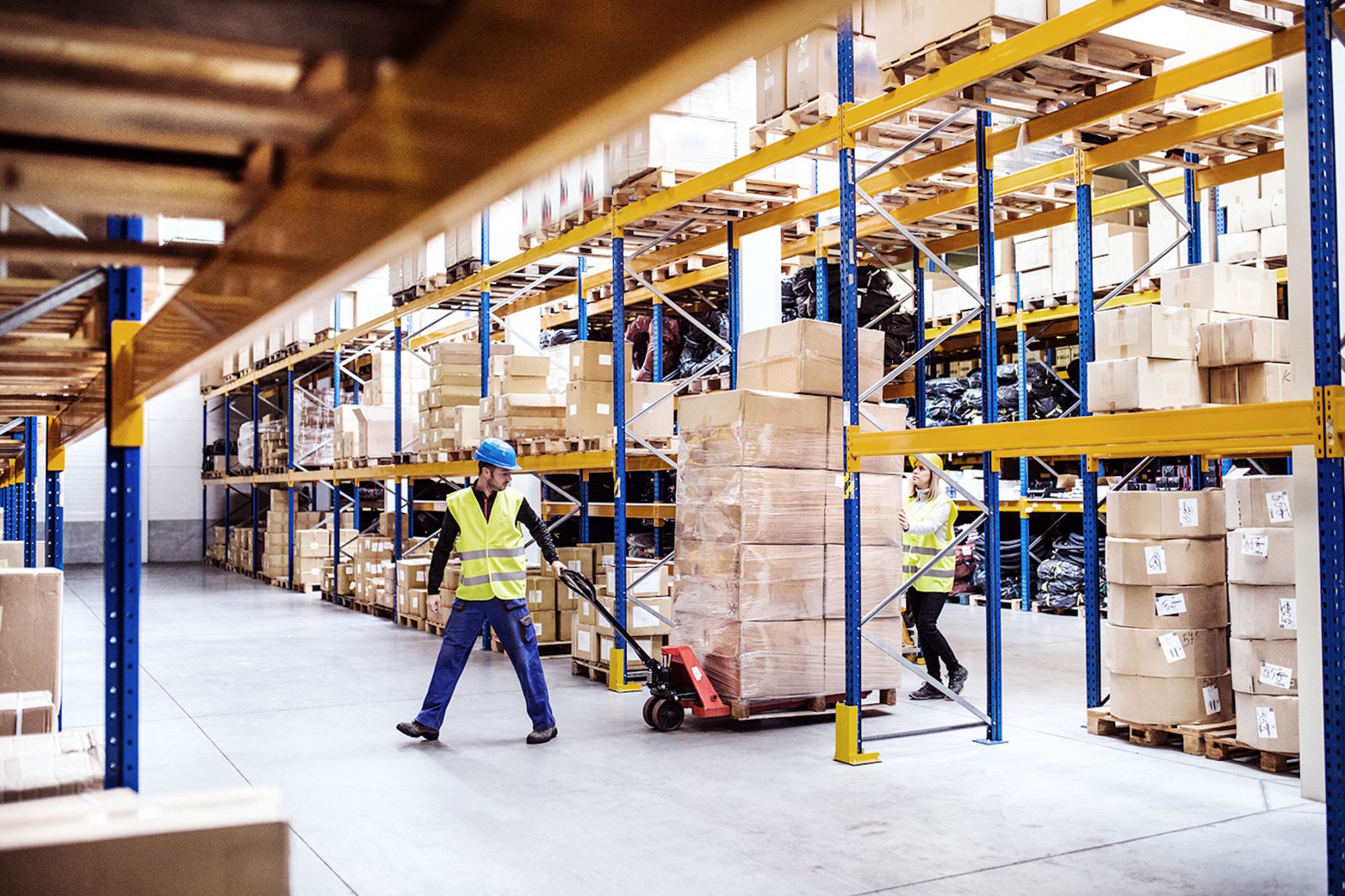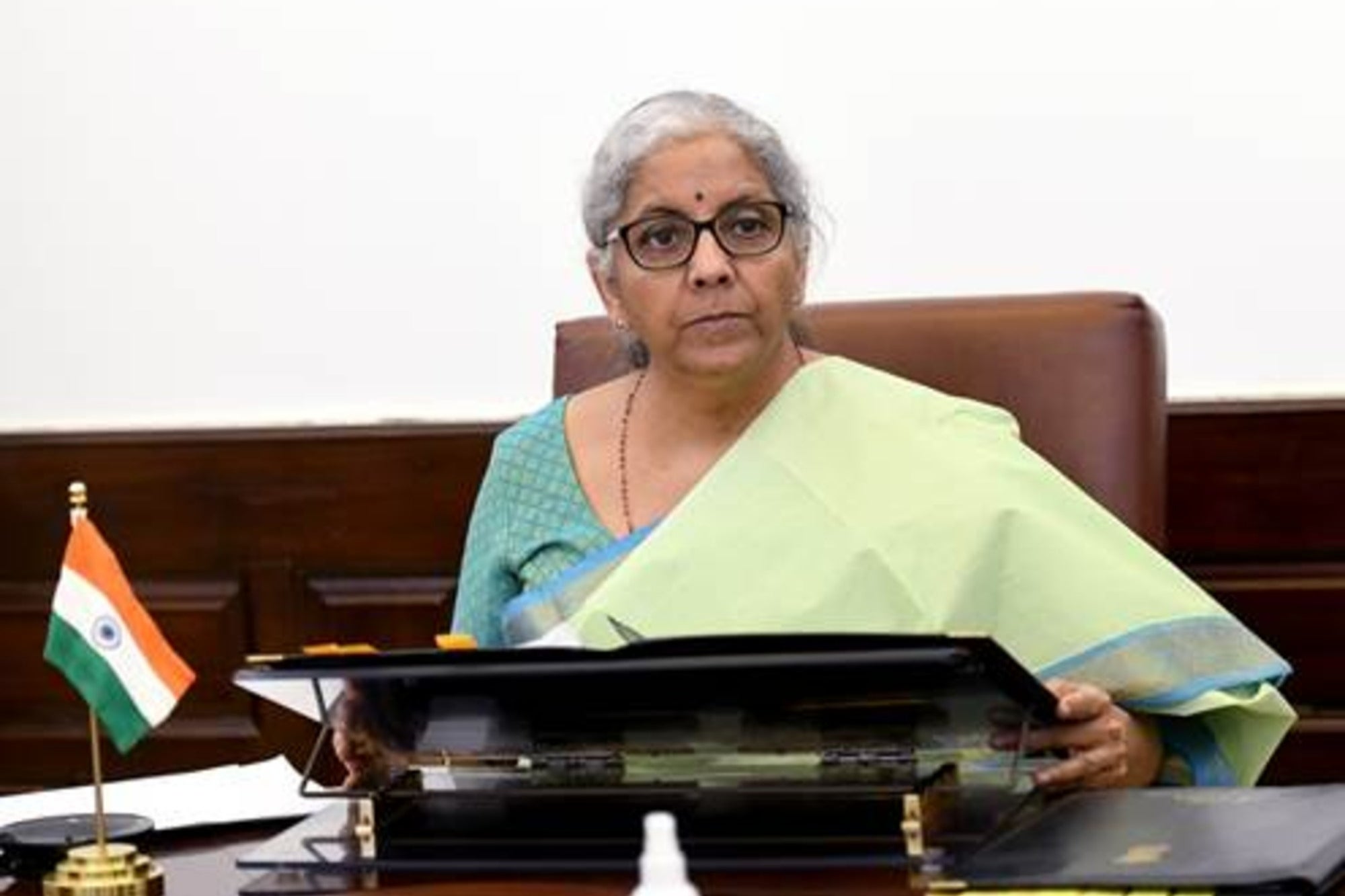How Logistics Industry Evolved In 2019 And Expectations From 2020 The logistics industry has accomplished an almost impossible function by executing product delivery in a brief span of 30 minutes
By Saahil Goel
Opinions expressed by Entrepreneur contributors are their own.
You're reading Entrepreneur India, an international franchise of Entrepreneur Media.

Technological innovations in the world of logistics, e-commerce and start-ups in 2019 left us in all anticipative of what 2020 has in store for us. The logistics industry has accomplished an almost impossible function by executing product delivery in a brief span of 30 minutes. Well, this is the advent of modern logistics for you. Let us elaborate on how the Logistics industry evolved in 2019 and what more can we expect from the year to come.
Hyperlocal Deliveries
2019: The year saw a competitive rise of hyperlocal deliveries across tier I and tier II cities in India. Platforms such as Swiggy, Dunzo and Zomato, among others, are based on the principle of making last-mile deliveries time-efficient. Technically, a Dunzo delivery executive, who can deliver a pack of cigarettes in 20 minutes to a customer's doorsteps, can also deliver a pair of jeans from their nearest mall in 30-40 minutes.
Today, such GPS-based delivery processes with real-time tracking have also altered customers' expectations from the time taken to complete a last-mile delivery task. They consider fast turnaround time as an imperative to the company's success.
2020: A rapid percolation of such tech-enabled, last-mile delivery solutions will be seen. Hence, the competition will intensify considerably for e-commerce companies, especially for the ones that are still delivering their packages in days.
Also Read: Want to Enter The Business of Logistics? Here's What You Need to Know
Omnichannel Logistics Platforms
2019: The ever-increasing Internet consumption in India has urged e-commerce and logistics players to adopt the omnichannel approach. This need was specifically felt where e-commerce companies realized that a customer's buyer journey doesn't end after the order is placed. There is a need for everything from post-order scheduling (to prevent non-deliveries) to route planning (for optimal deliveries). Optimum utilization of technology and predictive data analytics (for strategic logistical planning and on-the-field delivery executives' performance assessment) were some of the means which were adopted in 2019.
2020: Omnichannel logistics platforms are catering to tier I and II cities well, where the shipment has been brought closer to the end-customer for faster deliveries. Further penetration of this innovation is bound to happen across tier III and IV cities as more e-commerce players bridge the gaps using technology. It will make the idea of 'Bharat commerce' a veritable reality.
Customized Premium Deliveries
2019: The year also witnessed the rise of a new form of experiential delivery for high-value/premium products. In this approach, a delivery executive is sent to the customer to drive a demonstration session about the scheduled order's features and its operational capabilities.
2020: The ongoing race and the ideology to do better than the rest among e-commerce players will coax them to strengthen their experiential delivery strategies for superior customer acquisition.
OTP Verified Deliveries
2019: This process is helping e-commerce companies to filter out genuine customers from the fake ones. Verifying the customers beforehand also paves the way for greater customer insights, which eventually enables a company to execute last-mile deliveries more efficiently. Overall, it makes the last-mile deliveries more cost-effective, saves time and allows the e-commerce player to scale with profit maximization.
2020: E-commerce players have understood the importance of verifying with their customer base before commencing the last-mile delivery process. OTP-based deliveries have empowered them to strategize their business models in a more lucrative way and hence, it is only going to seep further into the supply chain over the years to come.
Also Read: Outsourcing Logistics and Supply Chain Can Help Boost Profits For Start-up and SMEs
Delivery Pods
2019: Delivery pods have proven to be another inventive solution for making the last-mile delivery process more efficient. In this approach, a common collection center is chosen for a region and customers are requested to personally collect their shipments from it. In order to verify a customer, the order ID has to be entered on a tech-enabled console, after which the package can be collected. This approach completely eliminates the last-mile delivery costs since delivery executives don't have to travel across multiple addresses.
2020: This innovation will aggressively expand across remote regions where the infrastructure is fragmented to bring more coherence to Bharat commerce.
Validation of Addresses through Mobile Numbers
2019: Using this approach, an order placed from a validated mobile number is recorded. The mentioned address helps in populating the GPS-coordinates across tier III and IV cities as well as rural areas since there is an unavailability of data over there. It helps in building a strengthened network of PIN codes, even for remote areas where there is a lack of logistical infrastructure.
2020: In 2020, companies will further work on this model to encourage proper infrastructure, optimum utilization of technology and increased Internet consumption together to help boost demand across the remote regions. A rise in demand and a greater population of GPS-coordinates will make this model more lucrative for the e-commerce players to unlock last-mile efficiency across geographical hinterlands.











